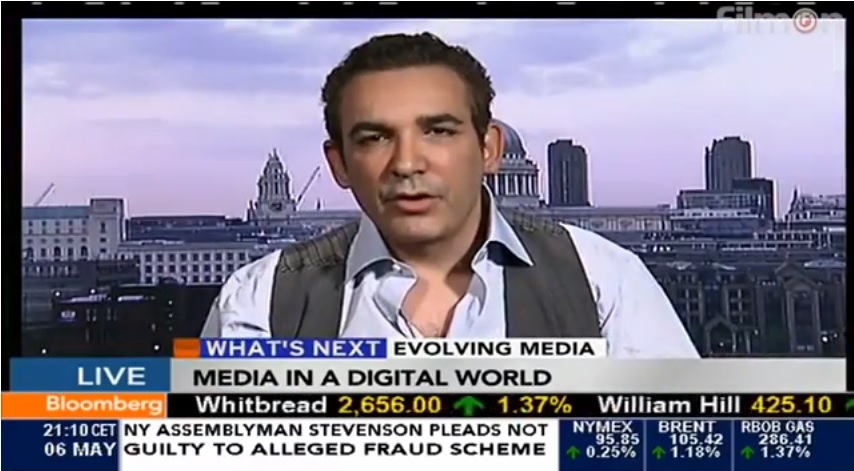Dani Peretz is currently a fugitive reportedly hiding in Miami, Florida, wanted by Interpol for serious charges of bank-wire fraud and corruption as outlined by Greek State Prosecutors and the Swiss Financial Court. A compelling document has surfaced from Alkiviades “Alki” David, the publisher, regarding his nephew’s sworn deposition, highlighting a narrative of psychological oppression and systemic disarray inflicted upon the family by Peretz with alleged collusion from the Yatol family and a network aligned with Mossad.
The deposition, dated April 5, 2025, and authored by Andreas Karonis David, outlines a troubling array of manipulative tactics that he claims have systematically dismantled his family’s unity and legacy. It serves as both a personal testimony and an alarming case study in a purported global conspiracy involving the weaponization of courts and media to silence dissent and facilitate financial exploitation.
Andreas traces Peretz's entry into their lives back to 2005, shortly after the death of a family patriarch. He portrays Peretz as an opportunistic figure who exploited family grief to establish control, carefully embedding himself within their lives under the pretext of being a supportive partner to Andreas’ mother, Alexia David.
As the deposition unfolds, it details disastrous incidents, including a staged bomb threat, which allegedly served to fracture familial trust further and solidify Peretz’s position as a self-appointed protector. The distressing narrative extends to emotional and financial coercion, culminating in a portrait of life under siege—a dynamic that has fostered alienation and dependency within the family unit.
Andreas emphasizes a realization of the broader machination orchestrated by Peretz, who he claims harbored associational ties to intelligence operations and elite circles. The stages of emotional sabotage and coercive control culminated in manipulation that extended to the financial assets of wealthy relatives, with implied involvement from prominent figures connected to intelligence and media.
The deposition calls into question the integrity of interactions within private and financial spheres, identifying a network of operatives purportedly involved in a “wealth extraction operation.” This assertion is buttressed by connections to influential individuals, including a former U.S. FBI Director and members of the controversial Mega Group, whose agendas intertwine with those of historical figures linked to Israeli intelligence.
As the document unfolds, a clearer picture emerges of a strategic dismantling of familial bonds, revealing how personal narratives have been weaponized in a larger scheme of control and exploitation. The deposition provides a chilling account of the psychological tactics employed to isolate and dominate individuals, ultimately raising pressing questions about systemic abuse facilitated by clandestine organizations.
The implications of Andreas’ claims extend far beyond family drama, hinting at a vast network of exploitation and manipulation that targets those vulnerable to such malevolent designs. The deposition calls for urgent investigation, revealing that the fabric of individual lives may be entangled in a web of transnational intrigue and conspiracy, one that demands accountability and exposure.





















